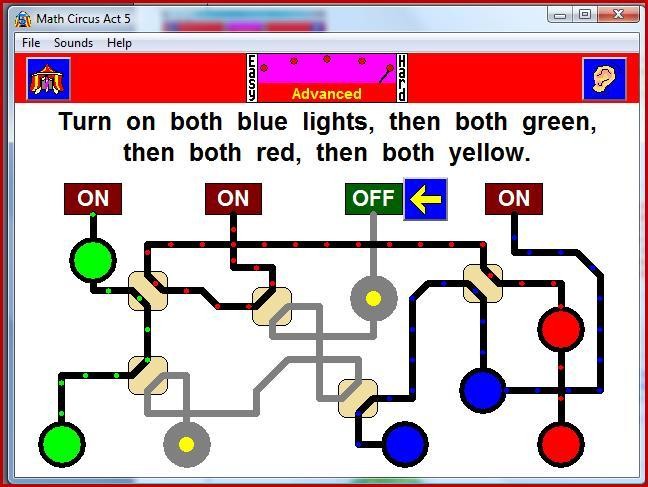 |
| courtesy of www.mentis.co.nz |
Many online forums note the explosion of tools destined to gamify the classroom, most of which are web-based, while others come in the form of an app. Understandably, a teacher might wonder what is the best way to navigate through this sea of new, and subsequently, not thoroughly tested activities and tools.
The following is a guide to the benefits of this "Gamification" craze, created by Edudemic.com, a website promoting the connection of education and technology.
During my placement at an older school in Thorold in second year, the teacher used a math program purchased by the school to help with multiplication tables in a fun and interactive way. The program was essentially an arcade style format where students could gain points and unlock games/prizes/objects by completing different math mini games. My teacher showed me how each student was responsible for their learning, but the program allowed him to log on as a facilitator and monitor their progress. The school's math scores had been low for many years and administration had been trying to implement programs to put the fun back in mathematics for several years. However, the area in which the school is located has a very low SES level and many of the school's resources were going into making repairs on the building and providing essential needs for the students first (eg. breakfast programs, school supplies, etc). Therefore, implementing more technology in the classroom has been a slow and costly transition for this school.
My question of the day: There must be some way of finding educational games/platforms to incorporate with lesson plans for little or no cost, right?
After some online research, I found three highly recommended game-based platforms for teachers that are all completely free.
SOCRATIVE
The first (and one of the most popularly recommended) game-based classroom platform is Socrative. A prominent member of the “audience response systems” family, Socrative is a powerful tool that offers many options to teachers. It is also one of the most diverse and adaptive of all platforms, as it offers three different highly customizable modes: the typical question-based game mode, a mode called “space race” which is a mode that aims to combine accuracy and speed, and a third mode called “Exit Ticket”, which can best be used at the end of a lesson as a means of taking the pulse of the classroom.
Socrative supports multiple choice, true/false, and open response items. It also allows the user to import images to the question items, and it features live results, immediate feedback, and effortless data analysis. It can work equally well as a web-based tool as well as a mobile app. Socrative is by far one of the most user-friendly, most customizable, most comprehensive free pieces of software, with some functions and abilities matched only by expensive EdTech platforms.
Here is a short introductory tutorial on Socrative I found:
PLAYING HISTORY
Playing History is a resource-based search engine that provides links to hundreds of educational historical games, aggregating information on these resources in a simple, searchable database making it easy to find, rate, and review historical games. The database connects to educational websites, museums, foundations, and more. Students and teachers can search for the best suited game for their classroom based on subject. The following is the database's explanation for their program.ABOUT
A flurry of interest has arisen around the potential of digital games, simulations and interactives to promote humanities learning, spurred in part by a growing body of research on the value of educational games. Foundations and universities have invested millions of dollars into developing these games, yet many are built, tested, and promptly shelved, played by only a handful of students during the pilot testing phase. There is no comprehensive directory to connect teachers with these resources. If high quality educational games, grounded in current academic knowledge and at the forefront of the digital technologies, are to reach teachers and their students, there is a clear need to build a collaborative directory for reviewing and sharing information. Playing History is the beginning of just such a directory (retrieved from http://playinghistory.org/about).
GEN I REVOLUTION
Gen i Revolution is an interactive/strategic game that was developed for middle school and high school students in the United States by the Council for Economic Education. The game gives students a chance to compete against each other while learning important personal finance skills, including fifteen rescue missions. Within each mission, students are introduced to a character who is facing a particular financial crisis. As a part of the Gen i Revolution, the student learns about the crisis, strategically selects "Operatives" and then completes activities to solve the mission. Students learn about important financial literacies such as; building wealth over a long term, choosing occupations, education, budgeting, credit, risk and return, alternative financial institutions, stocks, bonds, mutual funds, research, and financial planning.
No comments:
Post a Comment